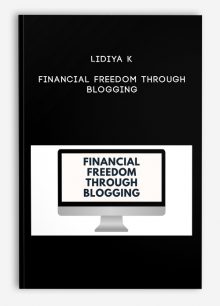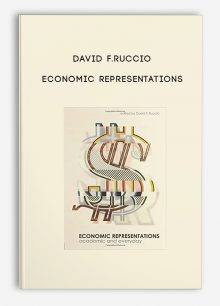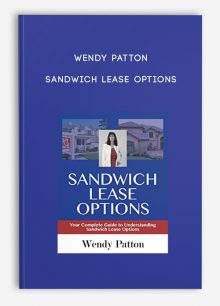Understanding Financial Crises by Franklin Allen
$12.00
Product Include:
File size:
Understanding Financial Crises by Franklin Allen
**More information:
Get Understanding Financial Crises by Franklin Allen at Salaedu.com
Description
What causes a financial crisis? Can financial crises be anticipated or even avoided? What can be done to lessen their impact? Should governments and international institutions intervene? Or should financial crises be left to run their course? In the aftermath of the recent Asian financial crisis, many blamed international institutions, corruption, governments, and flawed macro and microeconomic policies not only for causing the crisis but also unnecessarily lengthening and deepening it.
Based on ten years of research, the authors develop a theoretical approach to analyzing financial crises. Beginning with a review of the history of financial crises and providing readers with the basic economic tools needed to understand the literature, the authors construct a series of increasingly sophisticated models. Throughout, the authors guide the reader through the existing theoretical and empirical literature while also building on their own theoretical approach. The text presents the modern theory of intermediation, introduces asset markets and the causes of asset price volatility, and discusses the interaction of banks and markets. The book also deals with more specialized topics, including optimal financial regulation, bubbles, and financial contagion.
REVIEW
Review from previous edition Allen and Gale have been at the frontier of theoretical thinking about crises for over a decade … a one-stop-shop for the many important contributions made to the theoretical modelling of financial crises by these two prominent authors (Central Banking Vol 18 No 1)
This is, for me, the book’s real selling point: it is accessible to a graduate level audience – indeed, would make an excellent lecture series – but at the same time easily contains enough state-of-the-art modelling to be of interest to the academic or policymaker. (Andrew G. Haldane)
ABOUT THE AUTHOR
Franklin Allen is the Nippon Life Professor of Finance and Professor of Economics at the Wharton School of the University of Pennsylvania. He has been on the faculty since 1980. He is currently Co-Director of the Wharton Financial Institutions Center. He was formerly Vice Dean and Director of Wharton Doctoral Programs and Executive Editor of the Review of Financial Studies, one of the leading academic finance journals. He is a past President of the American Finance Association, the Western Finance Association, the Society for Financial Studies, and the Financial Intermediation Research Society. He received his doctorate from Oxford University. Dr. Allen’s main areas of interest are corporate finance, asset pricing, financial innovation and comparative financial systems.
Douglas Gale received his PhD in Economics from the University of Cambridge and was elected to a Junior Research Fellowship at Churchill College, Cambridge. He has taught at the London School of Economics and the University of Pennsylvania and is currently Julius Silver Professor of Economics at New York University and an Extraordinary Fellow of Churchill College, Cambridge. He has served as the co-editor of Econometrica and Economic Theory, an associate editor of the Journal of Economic Theory, the Journal of Mathematical Economics, and Research in Economics, and an advisory editor of Macroeconomic Dynamics. He became a Fellow of the Econometric Society in 1987 and is currently a Senior Fellow of the Financial Institutions Center at the Wharton School of the University of Pennsylvania. He is the author of several books and a large number of articles on economic theory and financial economics.
Financial Development Course
Financial development means some improvements in producing information about possible investments and allocating capital, monitoring firms and exerting corporate governance, trading, diversification, and management of risk, mobilization and pooling of savings, easing the exchange of goods and services.
1 review for Understanding Financial Crises by Franklin Allen
Add a review Cancel reply
Related products
Financial Development Course
Financial Development Course
Financial Development Course
Financial Development Course
Financial Development Course
Financial Development Course
Financial Development Course











king –
We encourage you to check Content Proof carefully before paying.“Excepted” these contents: “Online coaching, Software, Facebook group, Skype and Email support from Author.”If you have enough money and feel good. We encourage you to buy this product from the original Author to get full other “Excepted” contents from them.Thank you!